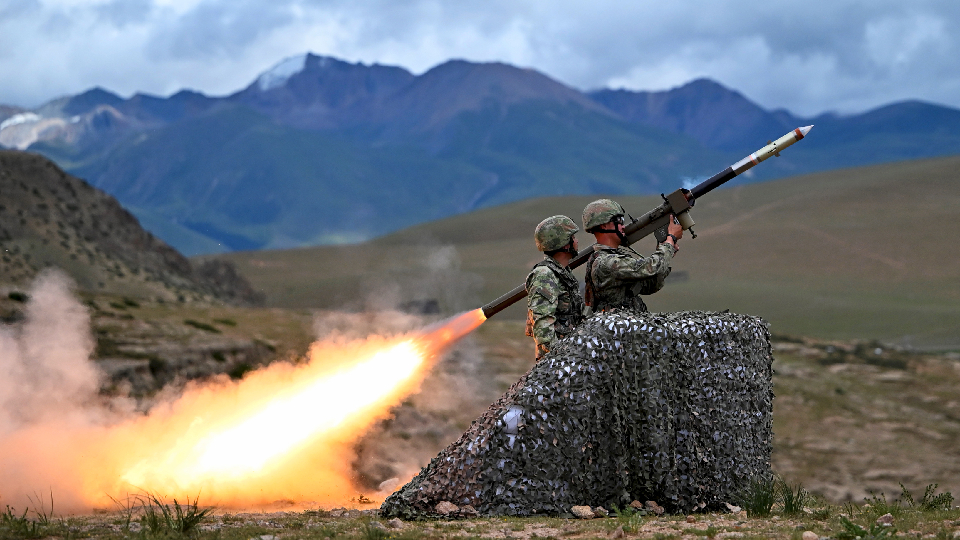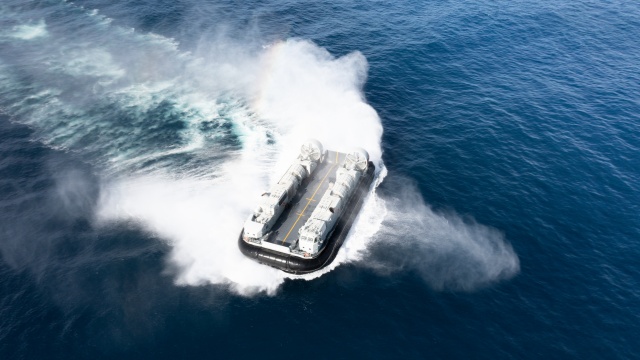By Wang Daning
Recently, the strong rhetoric from former US President Trump, who is making a comeback, has shocked the European allies of the US. Analysts point out that with the possibility of Donald Trump returning to the White House, European countries are increasingly aware of the importance of strengthening their own security and considering alternative "insurance" from outside NATO.
Trump's words raise concerns
On February 10, Trump, at a campaign rally in South Carolina, expressed his intention to encourage Russia to do whatever they want to NATO allies that fail to fulfill their financial obligations. He claimed that each NATO country must contribute money, and the US won't protect any country that owes fees.
This is not the first time Trump has bad-mouthed NATO. He has long complained that other NATO members are not spending enough on defense and has repeatedly threatened to pull the US out of NATO. Some US media believe that Trump's statements indicate a potential abandonment of NATO's collective defense clause if he is re-elected as president.
Trump's remarks on defining affinity or estrangement based on defense spending have had a significant psychological impact on European countries and prompted strong reactions. Many European dignitaries called for internal unity in NATO and more cooperation within Europe.
On February 12, during a meeting in Paris, Donald Tusk, Prime Minister of Poland, and Emmanuel Macron, President of France, stated that there is no choice for the EU and the transatlantic alliance but to strengthen unity and military cooperation. Josep Borrell Fontelles, High Representative of the European Union for Foreign Affairs and Security Policy, pointed out that NATO cannot be an 'a la carte' military alliance dependent on the whims of the US president.
On the same day, in La Celle-Saint-Cloud, west of Paris, the "Weimar Triangle" meeting aimed at coordinating positions and strengthening cooperation was held among the foreign ministers of France, Germany, and Poland. The three ministers were unanimous in stressing the need to strengthen Europe's security while preserving NATO. Charles Michel, President of the European Council, criticized Trump's "reckless remarks" and stressed the urgent need to achieve EU strategic autonomy.
In view of the above developments in Europe, French media comments that many European countries are concerned about the increasing security risks and the potential re-election of Trump, seeking to establish closer internal connections.
Behind the doubt lies multiple anxieties
The responses to Trump's statements reflect various strategic anxieties in European countries.
One is a sense of powerlessness in the face of the US as the "leader of NATO". The transatlantic alliance serves as a strategic cornerstone for European countries. While localized conflicts in Europe over the past two years have indeed led to a renewed cohesion within the once loosely bound NATO, they have also highlighted Europe's deep-seated security dependency on the US that has developed over the decades since the post-war era. The US holds the capability to exert comprehensive influence over Europe and, in exploiting the current conflicts, can blackmail its NATO allies without restraint. US arms dealers profit abundantly by securing military orders from various European countries. Europe, however, appears impotent in the face of the domestic and foreign affairs of the US, and especially the uncertainty and unreliability of the US.
Another is a growing fear of the escalating pressure from the "Russian threat". In recent times, Ukrainian President Volodymyr Zelenskyy's visits to Germany and France, along with the signing of bilateral security agreements, underscore Ukraine's significant position in the agendas of the EU and NATO. However, as the conflict continues to linger, a noticeable "Ukraine fatigue" has emerged in the West, both in the US and Europe. Support for Ukraine has become a contentious topic in the political rivalry between the US and Europe, intensifying concerns among European nations about the possibility of Russia taking further actions.
The third anxiety is a sense of uncertainty about their own future. Whether it is the complications arising from the Russia-Ukraine crisis or the Israel-Palestine conflict, or the spillover of warfare, famine, and terrorism from the Sahel region in Africa, Europe's alignment with the US on major issues not only exposes it to immediate backfire but also widens the rift with other countries globally, especially those in the "Global South". The increase in defense expenditures and security investments further triggers a series of domestic challenges such as political turmoil and social divisions.
In an era fraught with challenges, how to navigate security issues, especially in terms of extricating oneself from the constraints of outdated "camp-based confrontation" mindset and the lingering malaise of the Western superiority complex, has become a crucial issue that European countries are reluctant to confront yet unable to avoid.













